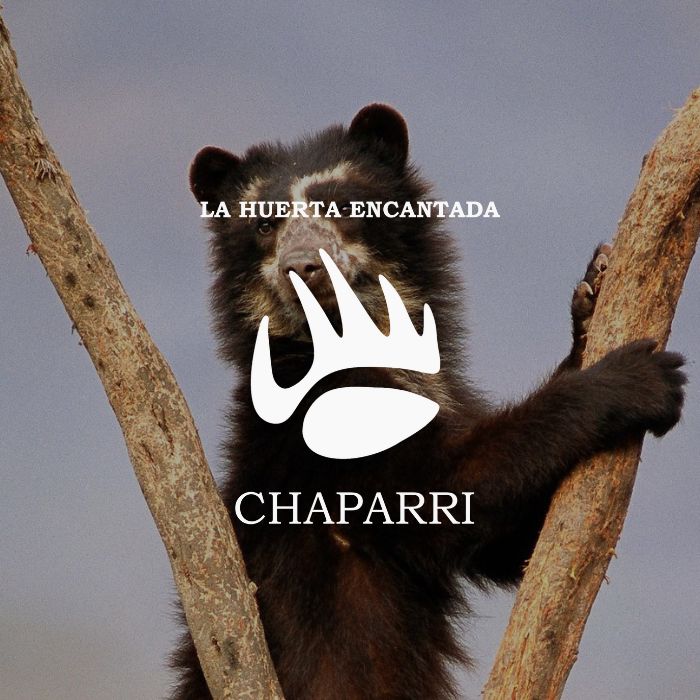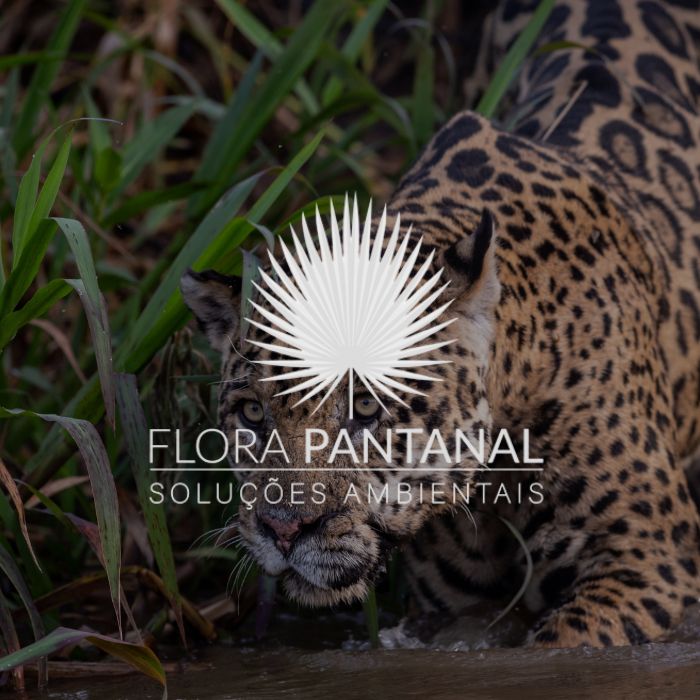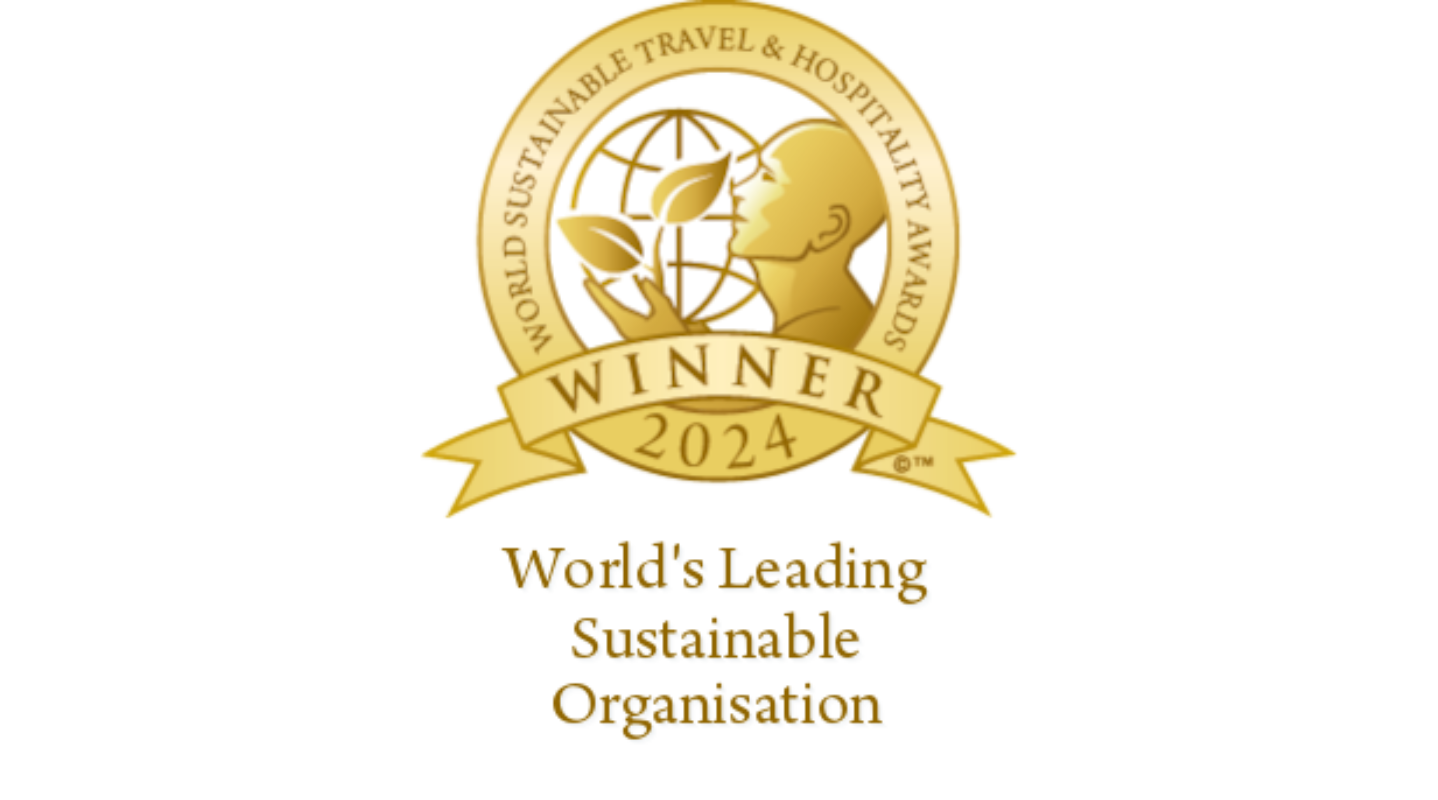Donate Directly
To non-profit conservation and restoration organizations we work with in biodiversity hotspots.
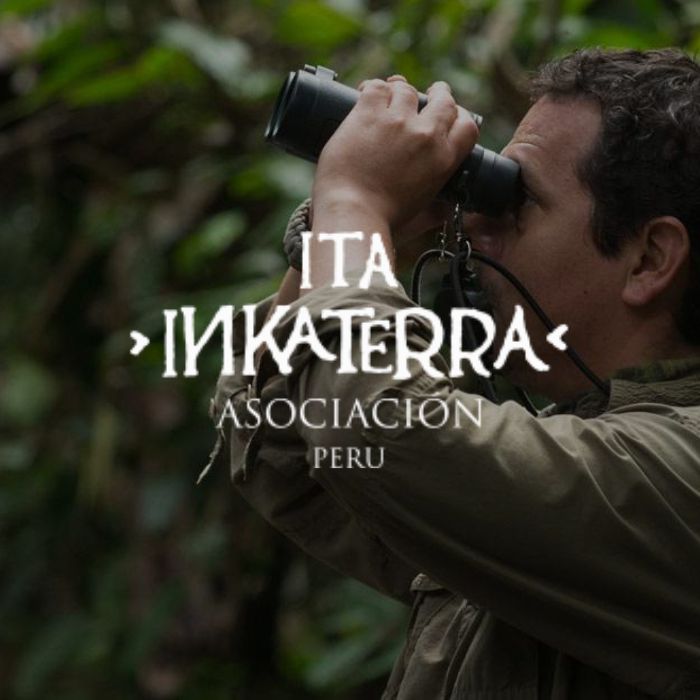
Inkaterra Association
Is a non-profit organization committed to generating an added value on biodiversity through research, conservation, outreach, and environmental education, for the benefit of the environment, local communities, and future generations.”
Since the construction of the interoceanic highway in 2010, the regional economy shifted to extractive industries such as livestock, logging, oil exploration, and alluvial gold mining. Nowadays, it is esteemed that 49 plant species are threatened due to the surface extension of livestock and mining areas, the latter having grown 916% in the past twenty years. Mostly illegal and unregulated, these extractive activities have devastating consequences for local biodiversity and human populations, including loss of ecosystem connectivity, migration of native cultures, and mercury pollution.
By supporting Inkaterra Association you are contributing to improving connectivity among landscapes and ecosystems in the Amazon region, as well as land management and the reduction of mercury in river water. Inkaterra Association has proposed the creation of a 78,756-ha sustainable landscape corridor off the Tambopata National Reserve, from the city of Puerto Maldonado along the Madre de Dios River, up to the Peru-Bolivia border.
Inkaterra Association educates local communities on the conservation of natural resources and ecosystems through practical workshops on conservation for schoolchildren in Machu Picchu (Cusco), Tambopata (Madre de Dios), and Cabo Blanco (Piura). Additionally, at the Amazon Field Station in Tambopata, Machu Picchu, and Cabo Blanco, Inkaterra Asociación develops scientific research and conservation activities
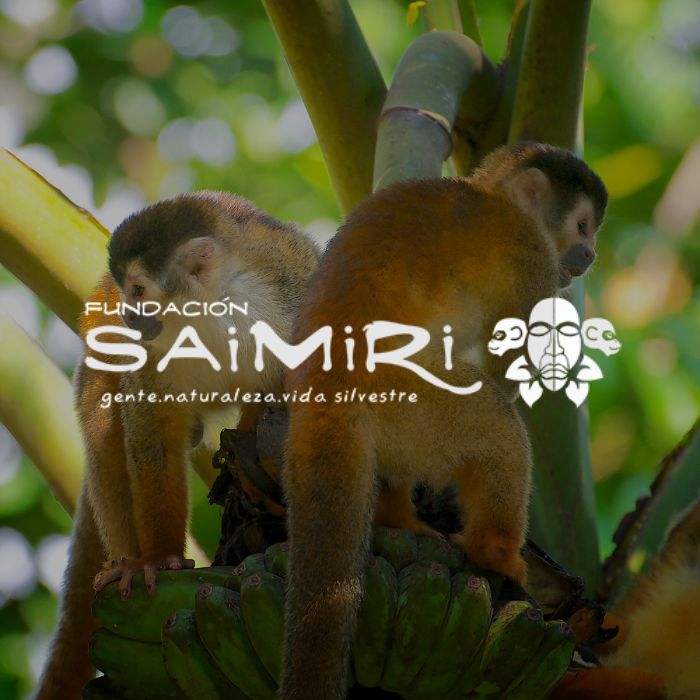
Saimiri Foundation
Is a non-profit organization dedicated to the rescue, preservation, and protection of the natural resources of Costa Rica, specifically non-human primates and those located in the Osa Peninsula, from environmental and anthropogenic threats.
Primates are among the most threatened mammalian groups worldwide, facing habitat loss, poaching, and the impacts of climate change. In fact, a 2017 study published in the Journal of Science Advances found that ~60% of primate species are now threatened with extinction and ~75% have declining populations.
By supporting Saimiri Foundation, you are contributing to vital conservation efforts led by a respected Costa Rican primatologist with a deep commitment to primate welfare. Your donation will directly fund field research, habitat restoration projects, and community education initiatives aimed at protecting endangered primate species and their habitats. Together, we can make a meaningful difference in conserving these iconic animals and preserving the rich biodiversity of our planet for future generations.
